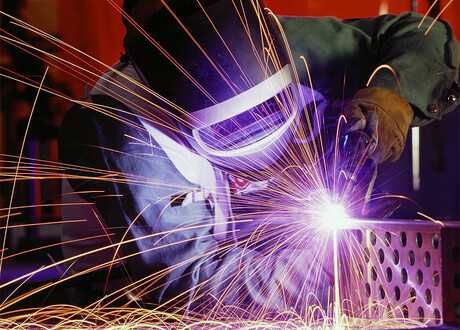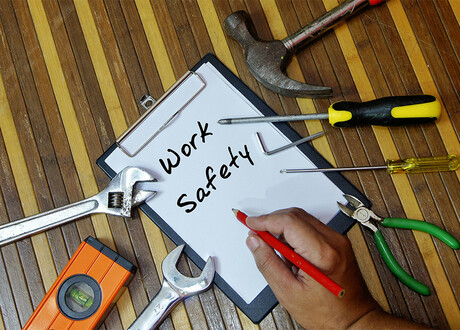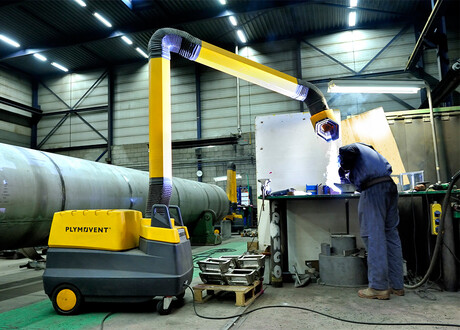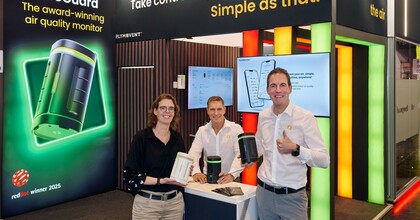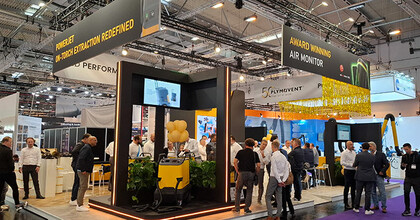Nowadays, everybody knows that welding fumes are very dangerous and that all kinds of protective measures should be taken and respected during work. In other blogs on this site, you can read more about those dangers and risks. But is everybody really aware of the importance of those protective measures such as PPE and local exhaust ventilation? The answers of welders themselves are surprising…
A large group of welders was questioned in a social and market research in the UK. The overall aim of the research was to gain a clear understanding of how welders approach their tasks, both physically and attitudinally, with regard to health and safety issues and any precautions that they may, or may not, take. The respondents were older and younger welders, working in small organizations and medium sized companies.
High tech
Remarkable is a first outcome of the research. Welders working in high tech, high specification organizations are more aware of and better protected against the dangers of fumes than colleagues in less high-tech companies. A welder of a high specification organization said that “his customers tended to exert a strong influence on business in terms of health and safety behaviour”.
Health and safety
All respondents were aware that health and safety is now much more part of public discourse than it used to be. There was also a widespread awareness that regulations are much tougher now and can no longer be ignored.
As a principle, health and safety was universally endorsed because it relates to ensuring safer work environments. The underlying attitude amongst all was that tighter health and safety regulations work to the benefit of all.
When it comes to welding, health and safety was seen as ‘looking after yourself’. This was considered high priority and especially important in welding due to obvious and immediate impact risks. Most respondents had experience, either themselves or through a colleague, of arc eye, burns and even fingers being cut off. Interestingly, longer term issues like lung damage did not spring to mind, as these are less immediate concerns. ‘Safety’ issues are more immediate and thus were more top of mind, whilst ‘health’ issues were seen as longer term and thus less salient. Health issues were seen as more theoretical because their impact is more gradual and future-tense.
Primary defense
Although they should be, welders were not overly concerned about the dangers of fumes, with a few specific exceptions. The presence of general extractor fans and ventilation was seen as the primary defense against fumes for many. However, awareness of poor standard of ventilation/extraction in some premises meant that others either ignored the issue or were more reliant on their RPE.
LEVs were considered to be an essential part of the organization's kit in maintaining a good quality of air in the workplace. A couple of welders even used multiple extractors in particularly high fume environments. Whether general ventilation, or LEVs, were highly rated or not, something was used by almost all respondents, although for some, certainly not necessarily every time.
For most respondents checking the LEVs and especially the fume levels was unfamiliar. There was a broad assumption that if the extractors are checked to see if they are operational then there would be no need to check for fumes. They felt that all fumes would be sucked up anyway – or at least most fumes. However, it is advised that specialists checking and maintaining LEVs also thoroughly check if all fumes are sucked up.
Source: Welders attitudes to health and safety, qualitative research report. Prepared for the COI and the HSE.

